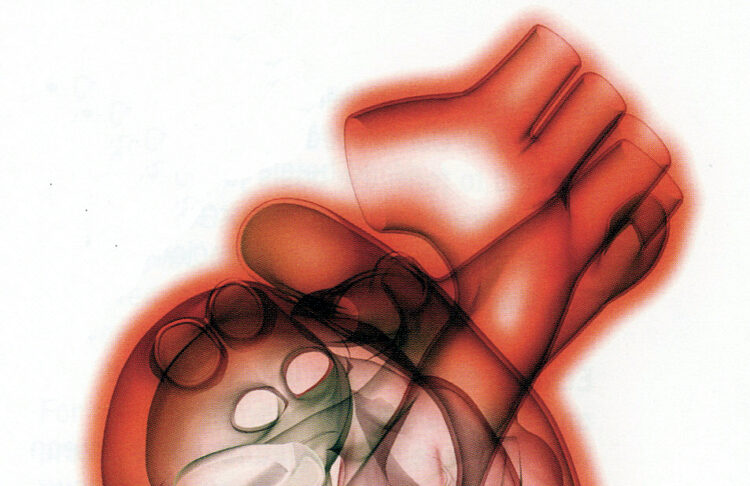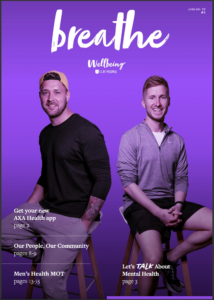Under the bonnet – time for your heart’s MOT
12 June 2022 / 7:43 pm

Risk
I would suggest starting with a visit to your general practitioner (GP) and asking for an assessment of your cardiac risk. This is done with an online calculator called QRISK and brings in data about your family history, cholesterol and blood sugar level. People who fall into a higher risk group can be offered medicines called statins which are extremely effective at reducing the risk of heart attacks and strokes with minimal (if any) side effects. You could also at this point get more detailed checks on your heart with a heart tracing called an electrocardiogram (or ECG). This will pick up heart rhythm changes and help identify underlying heart conditions. More comprehensive heart screening checks can be performed in Jersey using services such as Heart for Life (www.heartscreening.co.uk).
Blood pressure
Your GP will also measure your blood pressure and if elevated, will suggest lifestyle and diet changes as well as medicines to lower it. One in three of the adult population will have high blood pressure and, left untreated, this increases the chances of developing heart conditions.
Smoking
Cigarette smoking remains one of the deadliest habits that humans adopt. Giving up smoking has an instant effect at reducing your risk of heart attacks. People never regret quitting but they frequently regret it if they don’t.
Fuel
Have a look at your nutrition and how you fuel your body and your heart. Aim for a plant-based diet when possible and minimise or avoid refined sugars. Limit alcohol and give yourself at least two or three consecutive days each week without. Losing weight makes people feel better and live longer. One of the the simplest way to lose weight is to ‘eat less often’. This might also have some beneficial effect on increasing lifespan.
Sleep
Sleep is important for many of our body systems and minimising screen time in the evenings and turning the lights off earlier can help. Aim for at least seven hours of natural sleep a night.
Exercise
Exercise is really important for your heart as well as your general and mental health. Thirty minutes of exercise once or twice a day is a current recommendation. You don’t have to run miles to get the benefits but a brisk walk at enough pace to make you slightly out of breath will help. Short duration high impact training is an alternative for those who are more time-pressured.
Making the changes
So there a few simple steps which we can all do to help our heart: get a cardiac risk check with your GP, reduce calorie intake, don’t ever smoke, minimise alcohol intake, exercise daily and control your nutrition. By doing this you will help protect your body’s engine and maximise your chances of living a long and healthy life.
This article was also published In June 2022 as part of “Breathe” by Government of Jersey – full magazine available by clicking HERE
More Posts
7 May 2025
A digital health diary revisited
16 March 2024
Developing a new strategy for healthy Islanders
4 February 2024
A digital health diary for Jersey
27 December 2022
Utilising artificial intelligence in cardiology practice
12 March 2022
What is heart valve disease and what does that mean for me?
12 January 2022
Preventing heart disease using augmented digital health intelligence
1 October 2021
How heart health has been impacted by COVID-19
1 August 2021
The importance of the rhythm of your heart
21 June 2020
What is atrial fibrillation?
8 April 2020
Coronary heart disease and risk of heart attacks
11 January 2020
The Era of Immersive Health Technology
22 September 2019
The heart and stress
18 August 2019
Screening for Atrial Fibrillation and the Role of Digital Health Technologies
20 November 2018
Ectopic beats – how many count?
28 July 2018
How can immersive VR and AR technologies improve your physical and mental health?
